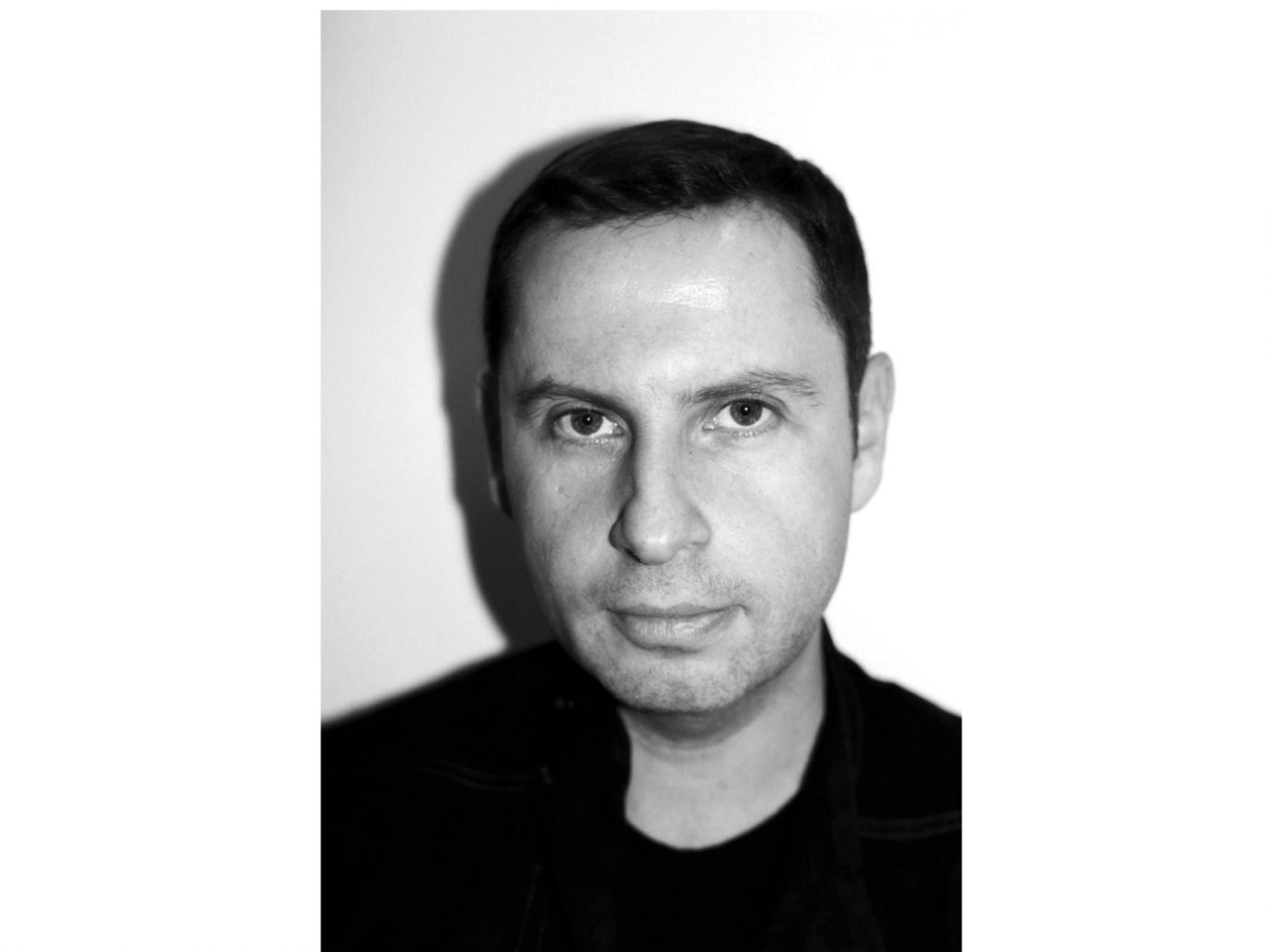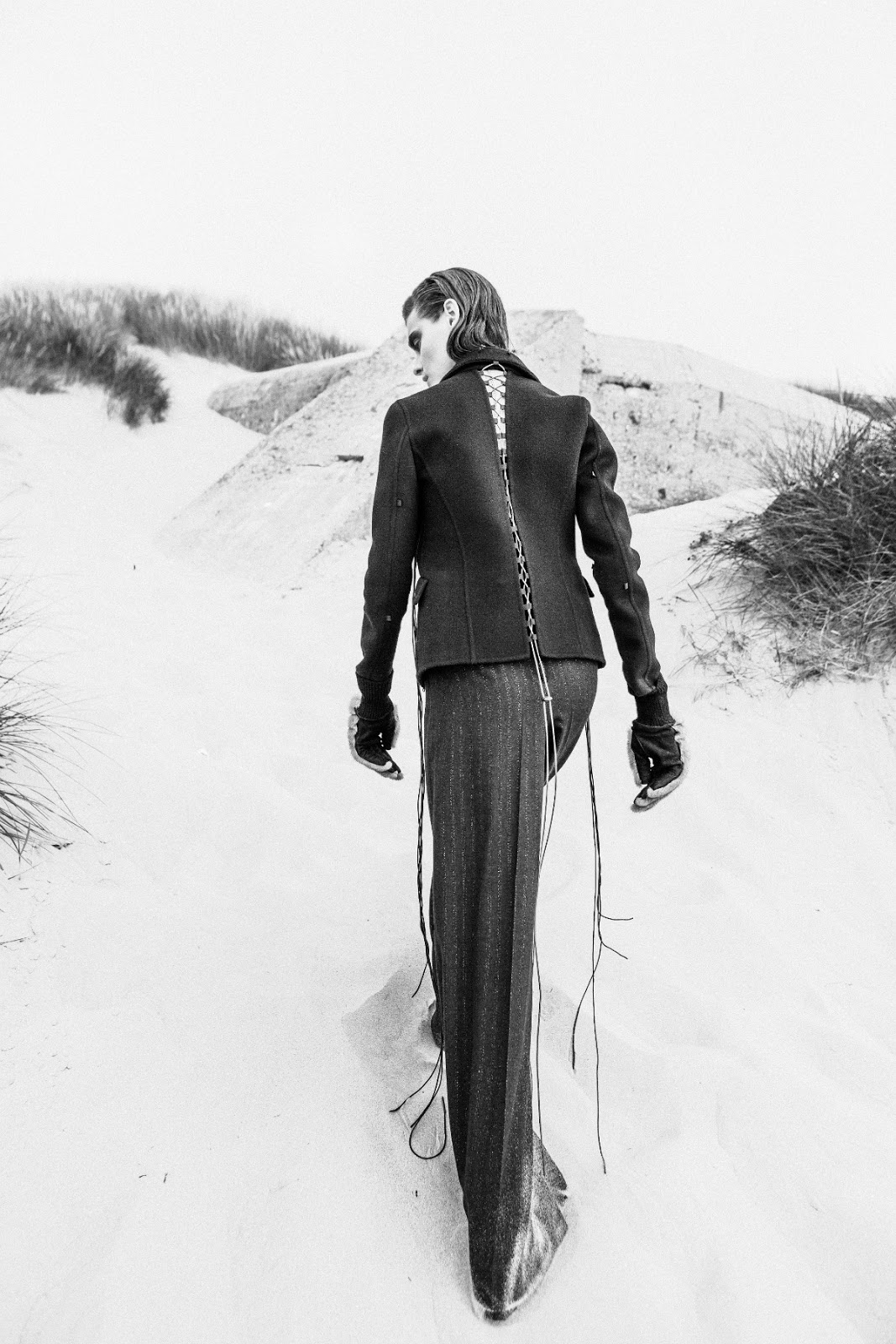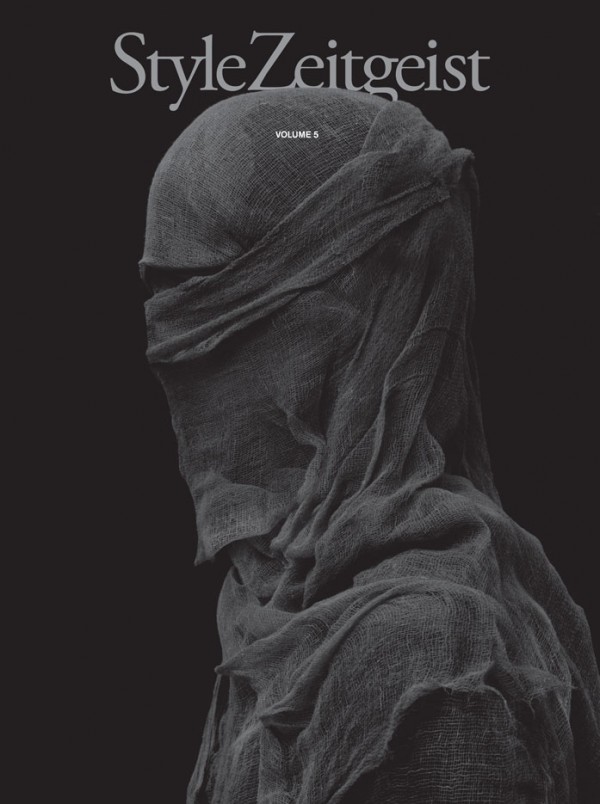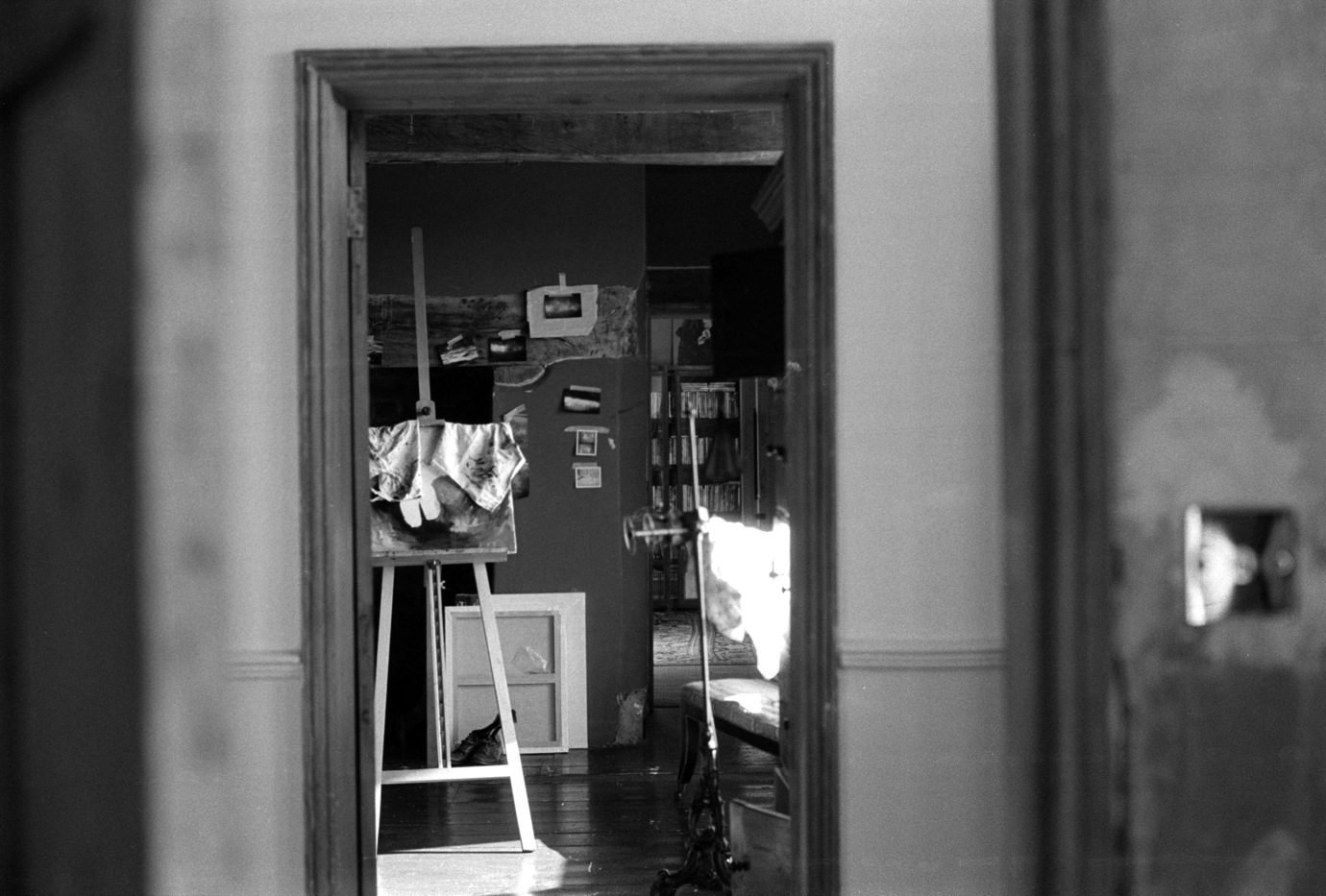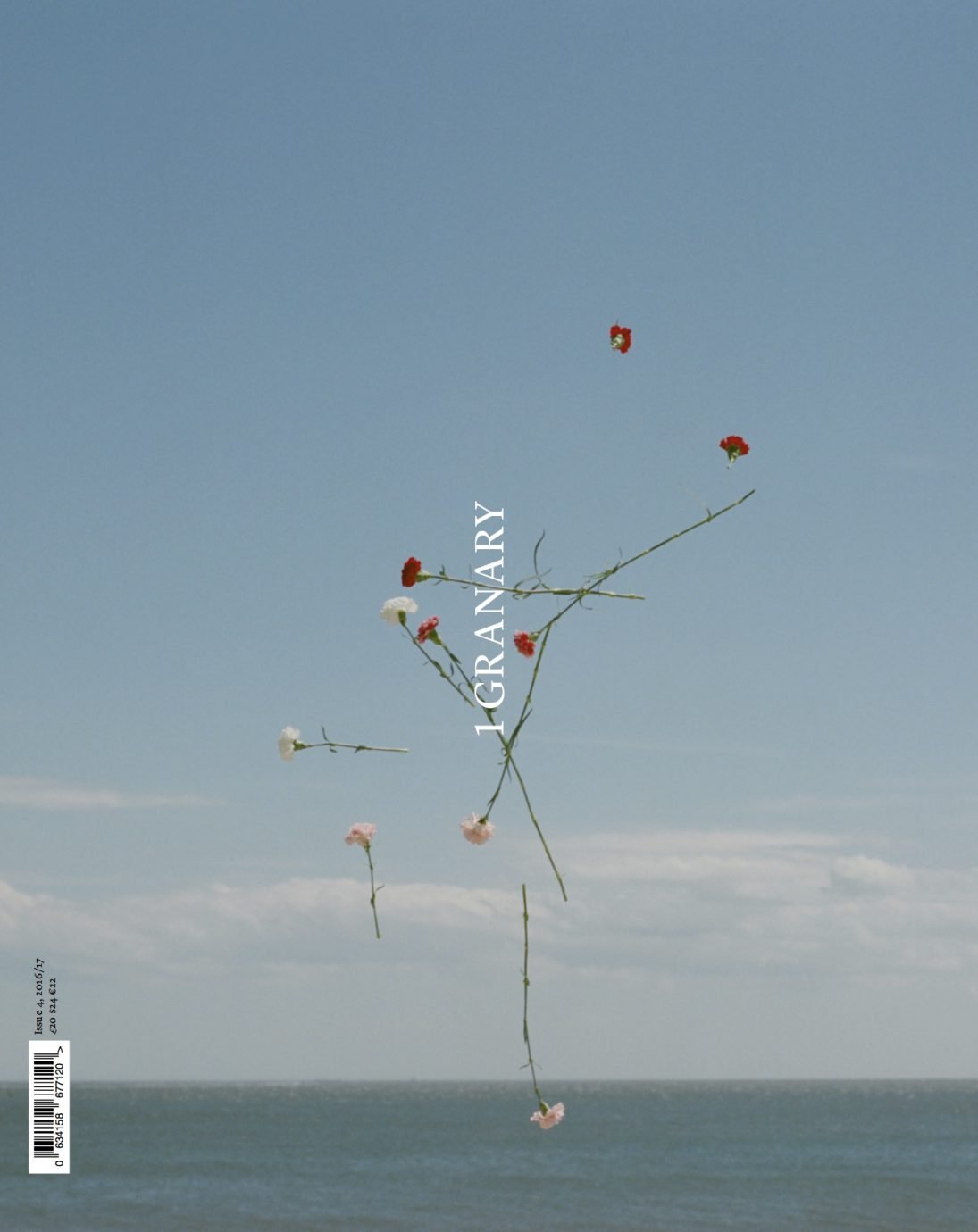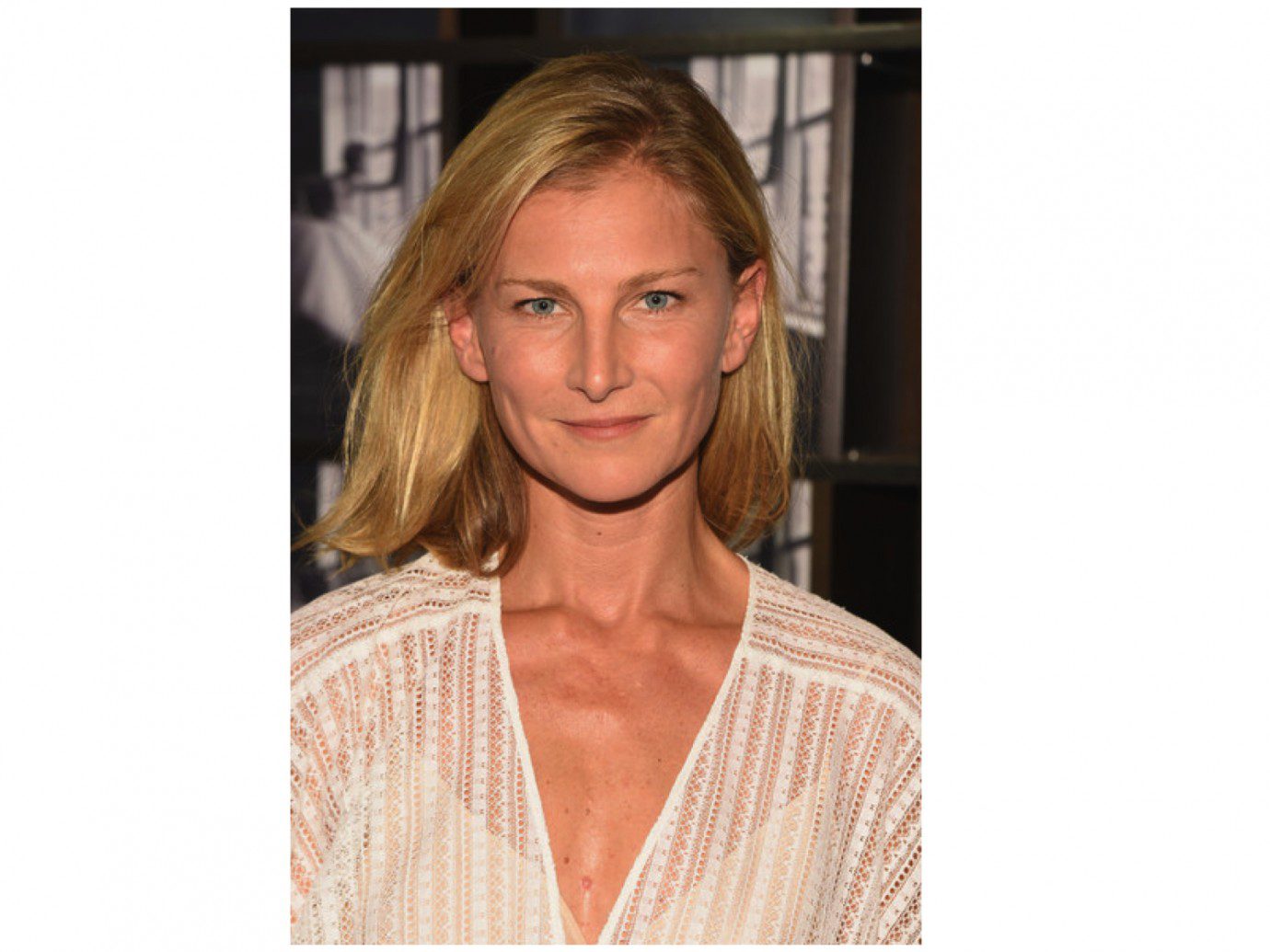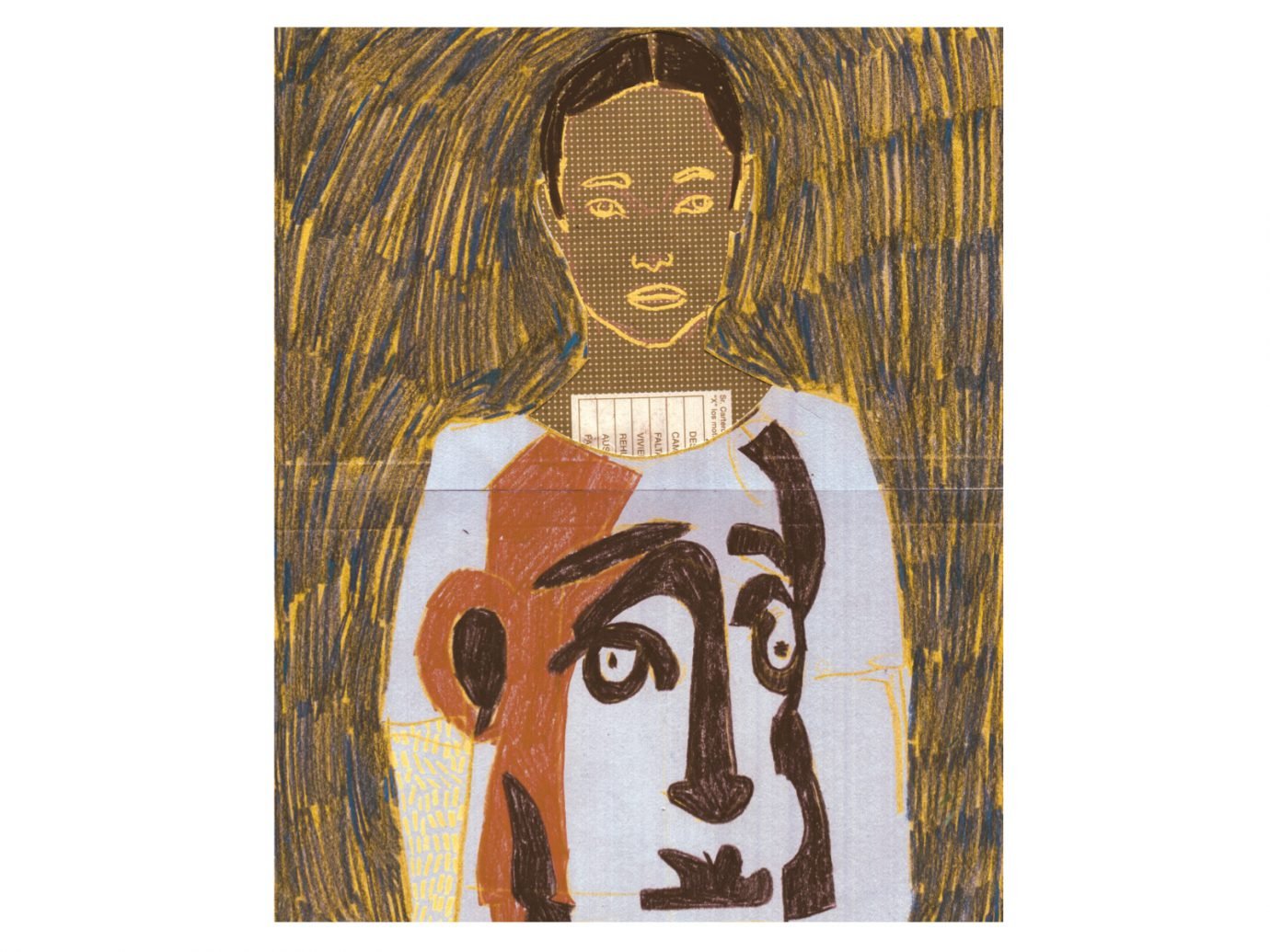So how did it all start with StyleZeitgeist? Did you want to learn from more opinions? Get a conversation going?
I was really looking for likeminded people. Of course you look for soulmates in life. I was into fashion already but it was all from music, like black and rock and roll and Belgian and Japanese, while everybody wore Versace and D&G. I was already a member of The Fashion Spot, which is another forum, which I found while bored out of my mind at work. I was googling Raf Simons and I found this place to kill time at work. Very quickly there I developed a reputation for a) knowing these avant-garde designers, and b) firing witty one-liners, because let’s face it, there’s so much in fashion that can be spited. They were very smart and knowledgeable. But you had to wade through all this talk about models and celebrities and blah blah, I wanted something more purist. I decided to try my own. Very quickly I was butting heads with moderators of the forum, and I was like screw it, I’ll make my own. Now there are thousands on it.
Why the name?
Because I wanted to reflect that fashion which comes from a cultural background can reflect culture. Style, because it’s not fashion, it’s a development. And Zeitgeist because it’s a spiritual and intellectual climate. I thought if I put them together it would make it difficult to find. So I came to fashion from music…
What part of music?
I was, and still am, really into industrial music, some post-punk, Depeche Mode of course, it was really Nine Inch Nails that was the black hole for me. The music and the clothes all fit. I thought yes, that works. It’s all a reflection of your world view. I had this friend who said you gotta go into Barneys. I remember walking in (and it was very different back then, now it’s more commercial) and that’s when I saw clothes by Ann Demeulemeester for the first time, and it blew me away. I thought, this is what I always wanted to wear, I didn’t know it existed. It was Ann, it was old Raf Simons.
Do you like new Raf Simons or only old?
I’ve been quite disappointed with Raf’s output in the past years when he sort of tracked off this youth culture direction, and it became something that I could not understand. I feel he’s sort of coming back to that now. I respect Raf incredibly, and looking back at what’s going on now… Everybody is talking about Instagram friendly clothes, Raf did that fifteen years ago, before Instagram. All the slogans, they’re very photographable. In a way I wonder if he’s coming back to that, maybe even to remind people: I was the one who did that, really. I have a lot of respect for him, but I haven’t bought anything from Raf recently. I still hunt vintage pieces.
“I SAID, WELL, IF I HAVE A CHOICE THEN I WANT TO GO INTERVIEW ANN DEMEULEMEESTER. I DID, AND THAT WAS THE SECOND ARTICLE I HAVE EVER WRITTEN.”
eBay or elsewhere?
Second-hand shops in Antwerp. Then one day I got a message on the forum from some stranger from Israel. We started talking, and he turned out to be the editor of the weekly magazine at Haaretz, which is sort of the New York Times there. It’s a very well respected paper. I jokingly blurted out: if you need someone to write for you about fashion, maybe I can do it. And he said: send me something. So I sent him one of my school essays that had to do with fashion; he wrote back an hour later and said: you got the job, what do you want to do?
For my first article, he said: why don’t you interview Karlo Steel, who was the co-owner of Atelier in New York, which was this iconic menswear boutique. I did that, he loved it and said: what do you want to do next? I said, well, if I have a choice then I want to go interview Ann Demeulemeester. I did, and that was the second article I have ever written.
Ann as the second…
And that was an amazing experience, because I went to Antwerp and I met her twice. We really hit it off, as I knew we would, because we come from the same cultural place. Then I sent that article to Rick Owens, and he said: ok yes, you can interview me as well.
Is this also how you got to feature PJ Harvey?
Yeah, Polly and Ann are very good friends. It was Ann who recommended me.
You get into the magic triangle. Ann, Patti [Smith], Polly [Jean Harvey].
Ann has helped me a lot, that’s how we also got Jamie Bochert on the cover. Jamie wrote to me and said: whatever Ann asks, I do, so let’s do it.
“THE MORE I MATURE, THE MORE I FEEL THAT OUR LIVES ARE SO COMPLEX AND THE VISUAL ASSAULT, PARTICULARLY THAT COMES WITH THE INTERNET, IS SO OVERWHELMING THAT IN MY REAL LIFE, I JUST WANT PEACE, AND THAT’S TO ME A MONOCHROME PALETTE.”
Do you work from home?
I work from home, yes. To be your own boss and not to have to answer to anyone is a luxury that I have really fought for.
Do you think that’s also why so many young designers want to start their own labels?
Partially yes, but partially I also think that as a creator, you want to own your stuff. Fashion, however, is the only industry where at some point you can be ousted and no longer own your own name. Imagine what that’s like for a creative. You look at Helmut Lang and though he never talks about it, it’s practically written on his forehead, the sort of torment he has gone through. His entire art output is really therapy.
If you wouldn’t be doing fashion now, what would you be going for? Music? Have you ever been interested in music writing?
No, I don’t know, I’m not a musician myself. I just love music. Literature, for sure, probably teaching.
As designers are the new rockbands, who will be the new designers?
I am starting to pay close attention to interior design lately, to furniture mainly. That’s a field that is ripe for exploration. It’s a bizarre, disorganised industry. The dynamics are different. We have star architects, we have star fashion designers, we have a few star product designers. People don’t wear it. Furniture doesn’t change every month.
Imagine if it would.
That would suck, because with the fashion industry the planet is already groaning. You’d think there would be more longevity in furniture, at least. But I do think it’s an interesting field, and if right minds went into it we could have more really beautiful products. It’s very rare, because now I’m redecorating my apartment — it’s not so easy. More and more I’d think ‘I’ll just have it custom-built’ as opposed to trying to find something.
Why are you redecorating?
I want a black-and-white life. It’s not monochromic enough now. I’ve done quite a bit myself, it’s very easy to sand and stain wood, easier than you think. I’m a very big proponent of Adolf Loos, who wrote this really groundbreaking essay in 1908 and said that ornament is crime. The more I mature, the more I feel that our lives are so complex and the visual assault, particularly that comes with the Internet, is so overwhelming that in my real life, I just want peace, and that’s to me a monochrome palette. Black, grey, and white are rest for my eyes. You probably wouldn’t want that everywhere, but there is really so little of it. I operate in a codified environment where everybody wears black, etcetera, but really, when you walk down the street, it’s a rare phenomenon. I’m all for contributing expansion.

